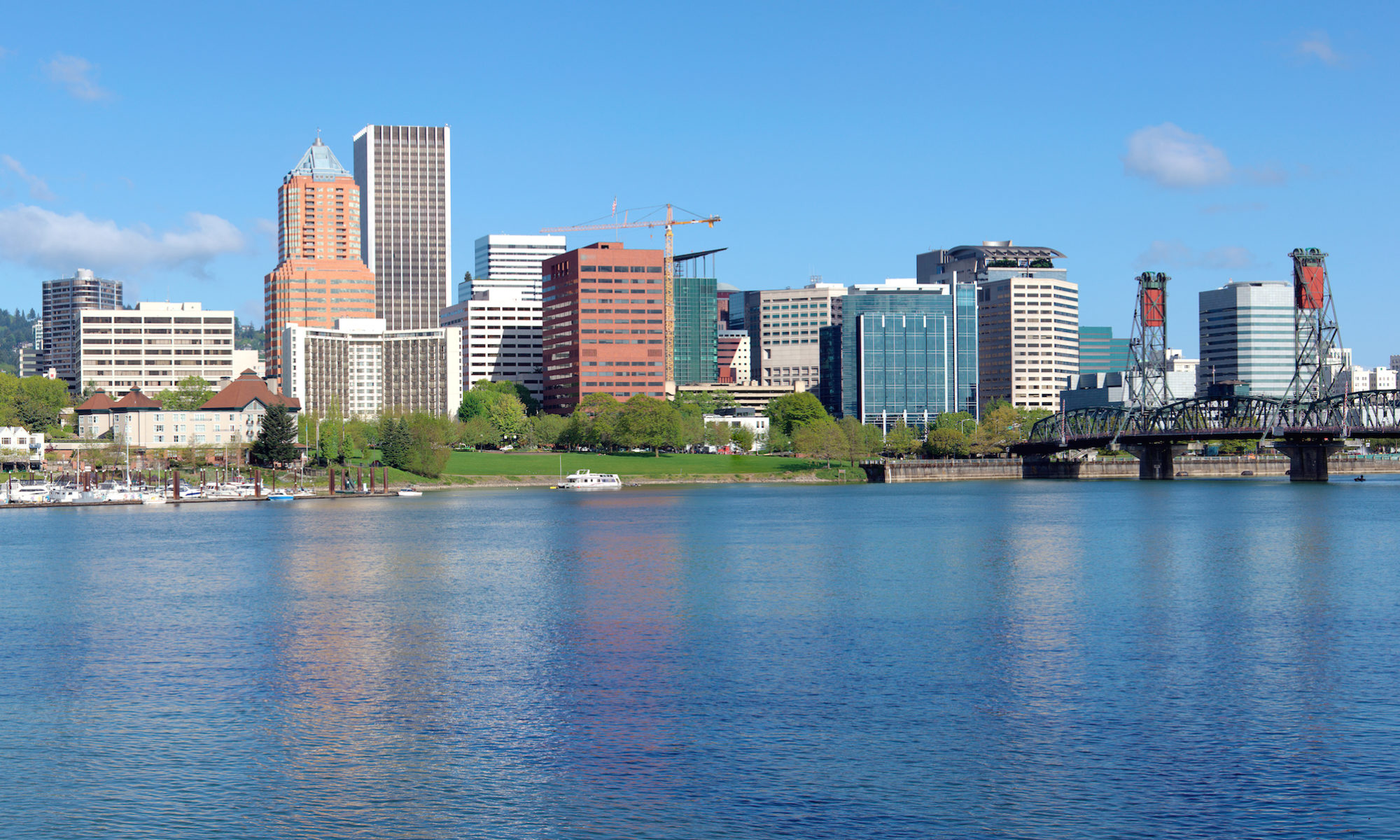The policy underlying the Bankruptcy Code is to give debtors a Fresh Start. The Oregon & Washington bankruptcy attorneys of Baxter & Baxter can help you file for bankruptcy, guide you through the process of obtaining a discharge, and make it possible for you to get that Fresh Start.
What Happens After Bankruptcy?
After the U.S. Bankruptcy Court Judge enters the final discharge order in your case, it acts as a permanent injunction against your creditors. For all debts that are not reaffirmed or otherwise continued by the Court, those creditors are permanently barred or enjoined from attempting to collect from you, including collection letters, harassing phone calls, and suing you in court. You must repay any debts that are reaffirmed, or which the Court requires you to repay.
Obtaining Credit After Bankruptcy?
It is a common misnomer that consumers cannot obtain credit after bankruptcy. It is true that the bankruptcy will have an adverse consequence on your credit score and credit report. The bankruptcy itself will appear on your credit report for ten years. You may pay higher interest rates, obtain lower credit limits, or have other conditions placed on your credit than prior to your bankruptcy. However, these are often some of the same consequences of having active collection accounts on your credit report.

